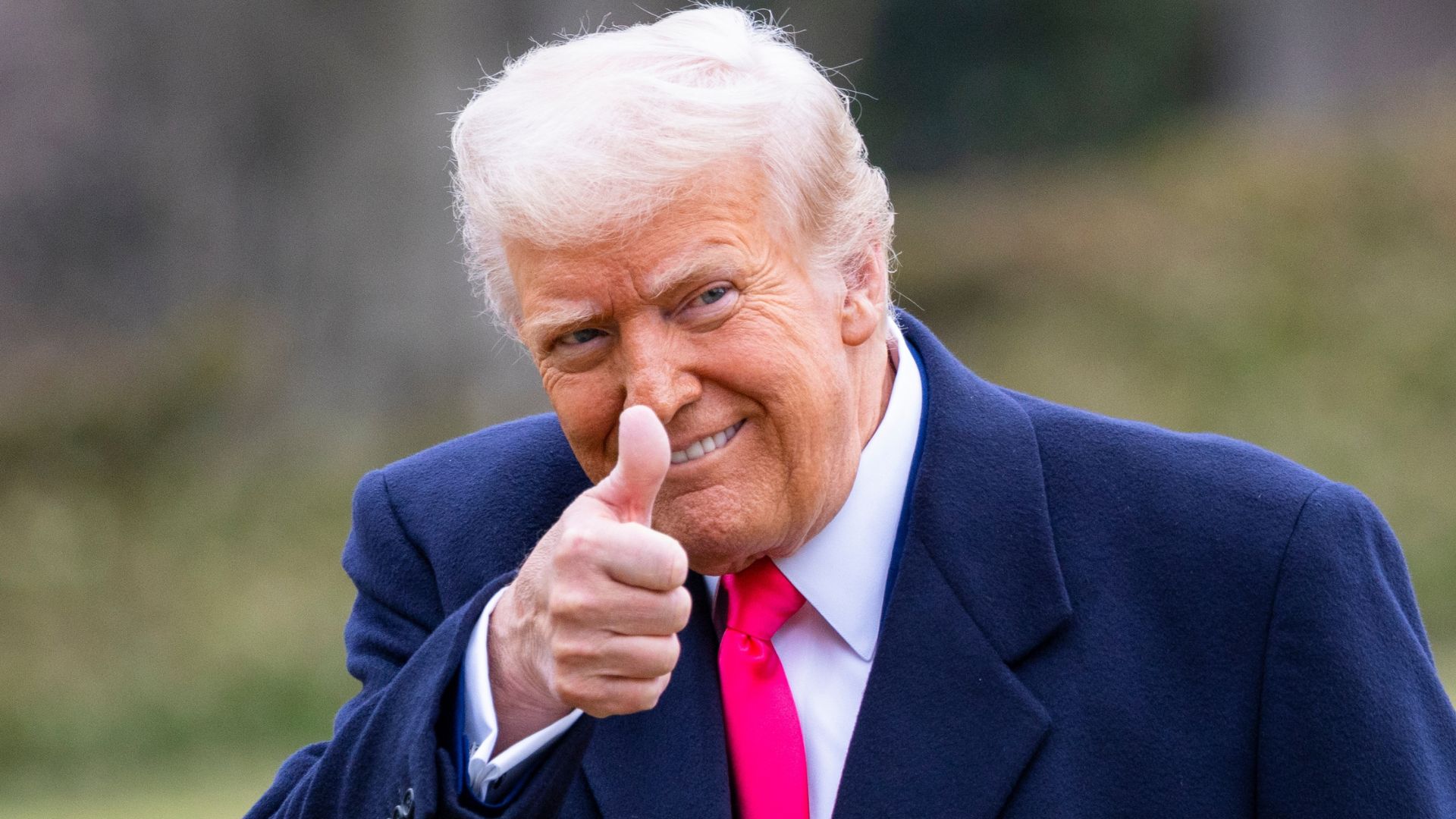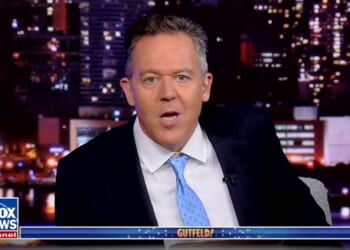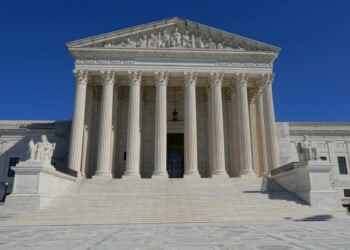
President Donald Trump is expected to sign an executive order Monday that would end cashless bail by threatening to revoke federal funding for jurisdictions that continue to implement the policy, according to information obtained by The Post.
🚨 BREAKING: President Trump will be signing an executive order to END cashless bail in Washington, DC today
This is the first step to BAN it all across the country!
Criminals will in DC will NO LONGER be quickly released back onto the streets without posting a bond! pic.twitter.com/3dPM3m2OF1
— Nick Sortor (@nicksortor) August 25, 2025
Trump’s Sovereign Wealth Fund: What Could It Mean For Your Money?
Attorney General Pam Bondi is preparing a list of jurisdictions with cashless bail policies that could be impacted by the order.
Those jurisdictions include states such as New York, cities including Washington, D.C., and other localities with bail reforms that allow defendants to be released without posting cash bond.
This Could Be the Most Important Video Gun Owners Watch All Year
[esi random_video_player ttl=”0″]
“Cashless bail policies allow dangerous individuals to immediately return to the streets and further endanger law-abiding, hard-working Americans because they know our laws will not be enforced,” a White House memo on the forthcoming executive order states.
The memo further described the re-arrest of offenders released without bail as “a waste of public resources and obvious threat to public safety,” citing multiple examples in which violent offenders were released and subsequently charged with additional crimes.
On August 11, President Trump called on Congress to tighten laws surrounding cashless bail to prevent criminal suspects from being released before trial without posting a bond.
The executive action follows through on that call and reflects his campaign promise to “crack down on the left-wing jurisdictions that refuse to prosecute dangerous criminals and set loose violent felons on cashless bail.”
The administration has already signaled its approach by deploying the National Guard to Washington, D.C. earlier this month to bolster local law enforcement.
The surge of federal resources was directed at arresting suspects and seizing narcotics in the capital as part of the broader anti-crime strategy.
While proponents of bail reform argue that requiring cash bail disproportionately affects poorer defendants, opponents contend that it has led to repeat offenders being released back into communities.
Illinois became the first state to eliminate cash bail, followed by New Jersey.
New Mexico has also ended cash bail requirements.
In New York, reforms enacted in 2019 eliminated cash bail for most misdemeanors and non-violent felonies, while also allowing judges to consider a defendant’s financial situation in bond decisions.
The New York reforms have proven to be politically divisive. Governor Kathy Hochul and New York City Mayor Eric Adams have criticized the policy’s effects, citing public safety concerns.
Former Governor Andrew Cuomo, now running for mayor, supported the law during his tenure, along with his Democratic socialist rival, Assemblyman Zohran Mamdani.
Recent cases in New York have highlighted the controversy.
Earlier this month, two convicted killers arrested on drug charges in Greenwich Village were released without having to post bail.
Last October, a suspected Tren de Aragua gang member charged with attempted homicide in New York was freed without bail, later arrested in a Miami drug bust, and subsequently released again.
In another case, a New York pickpocket accumulated 45 arrests by January 2024 and continued cycling through the system without detention.
“Every place in the country where you have no-cash bail is a disaster,” President Trump told reporters earlier this month during a briefing on crime in Washington, D.C.
🚨 BREAKING: President Trump will be working with Congress to BAN “no cash bail” NATIONWIDE
FINALLY!
“Somebody m*rders somebody and they’re out on no cash bail before the day is out. We are going to END that in Chicago, and we’ll change the statute.” pic.twitter.com/CQ85W6gEha
— Nick Sortor (@nicksortor) August 11, 2025
The White House cited a law enforcement study conducted in Yolo County, California, two years ago, which concluded that a “zero bail” policy led to a 163% increase in crime.
The Department of Justice, under Attorney General Bondi, has already taken steps to redirect federal resources.
In April, the administration canceled more than 360 grants worth hundreds of millions of dollars, citing concerns that the funds were being used as a “slush fund” for political initiatives instead of supporting public safety.
“Under Attorney General Bondi’s leadership, the Department of Justice is committed to ensuring its resources are spent on arresting criminals, getting drugs off the streets, and crucial litigation,” a spokesman said at the time.
The executive order to be signed Monday is expected to significantly escalate the federal government’s pressure on states and cities that continue to implement cashless bail, with funding cuts aimed at forcing jurisdictions to reconsider their policies.

![Even CNN Admits Trump Is the Most 'Influential President During This Century' [WATCH]](https://www.right2024.com/wp-content/uploads/2025/08/Even-CNN-Admits-Trump-Is-the-Most-Influential-President-During-750x375.jpg)


![Steak ’n Shake Mocks Cracker Barrel Over Identity-Erasing Rebrand [WATCH]](https://www.right2024.com/wp-content/uploads/2025/08/Steak-n-Shake-Mocks-Cracker-Barrel-Over-Identity-Erasing-Rebrand-WATCH-350x250.jpg)




![Mount Rushmore Could Get Trump Upgrade Under GOP Push [WATCH]](https://www.right2024.com/wp-content/uploads/2025/07/Mount-Rushmore-Could-Get-Trump-Upgrade-Under-GOP-Push-WATCH-350x250.jpg)
![Soros Network, Others Behind LA Riots [WATCH]](https://www.right2024.com/wp-content/uploads/2025/06/Soros-Network-Others-Behind-LA-Riots-WATCH-350x250.jpg)





